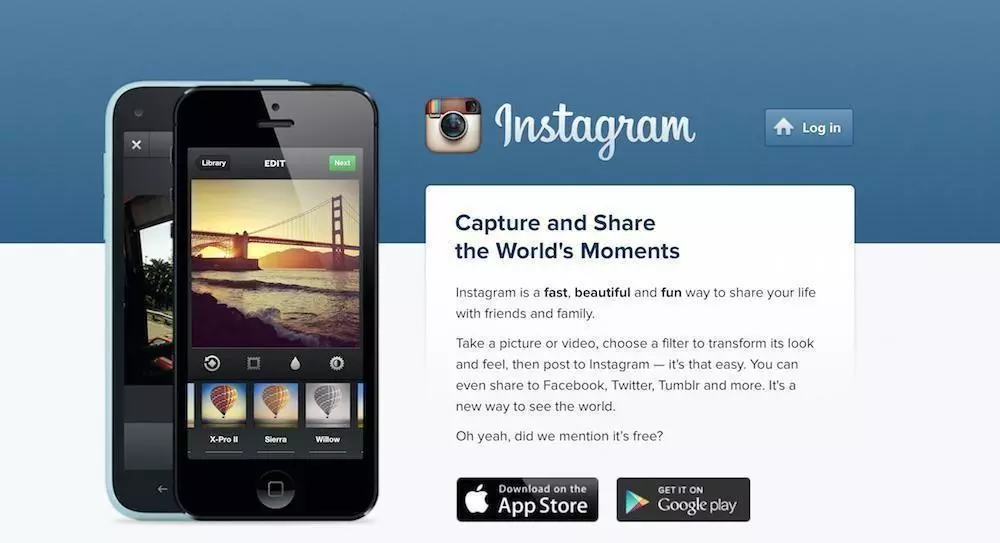Source: Instagram, Home Page
Why It Doesn't Pay to Cheat in Social Media: Instagram Deletes Fake Accounts in System Cleaning - Celebrities Lose Face
It was the cry heard across the world as millions of Instagram accounts were deleted yesterday. Just kidding. Yesterday Instagram initiated a cleansing of their system, deleting millions of fake accounts.
Fake accounts are created by spambots, computer programs that are programmed to send spam.
We know spam from opening our emails and seeing the size of our junk mail, which is spam. In the past 10 years social media has opened up a new market for spam. Spam on social media comes in the form of spambot accounts that follow users, like their posts, and engage as if they are real users. The way we experience spam is by getting a notification that someone is following us or liked our post, but when we look a their profile we realize that they are not a real person. The dead give away that you’re looking at a spambot account is a timeline of posts or tweets that are all the same message directed at different users. Spambots send automated messages and posts to people to visit fraudulent sites, which prey on users to give their personal information so they can steal their identities or money.
Back in 2012 Twitter made similar efforts as Instagram to crack down on spammers. At first marketers were upset because their tweets were being targeted as if they were spam. Twitter has guidelines on best practices for automated tweets, follows, and other actions so that marketers and other users don’t get suspended. The automation tools that are available to use for executing social media campaigns are okay to use, they make the job of a marketer or social media manager easier but there is a fine line between white hat and black hat social media use.
As we see with the Instagram purge, many celebrities were revealed to have bought followers. Buying followers is black hat, it’s a misrepresentation of the influence of the celebrity so as to drum up more followers by seeming more popular and interesting. There is a site that is collecting the data to see the number of lost users from the top 100 followed Instagram accounts (which are mostly celebrity accounts). The graph shows the number of followers the day before the Instagram purge and then the day after. The larger the percentage of lost followers indicates that the celebrity practiced the black hat tactic of buying followers. Being found out is not only embarrassing but it also will damage the perception of the celebrities who bought a large number of their “followers.”
You can’t buy real people. Not only did those celebrities lose a lot of money in the Instagram purge, they also lost face.
There is a black market for social media, where you can buy followers, you can buy likes on Facebook, you can buy almost anything. However, you can not buy real authentic viral engagement and loyalty. Brands that run their social media campaigns with integrity survive in the long run, because their reputation is real and their content is engaging and rich.
The trouble for small businesses is that their market is not as large as a celebrity market and what they’re offering is something more practical and less sensational. It would stand to reason why a small business that is struggling with their social media campaign might want to start buying followers, likes, and engagement online. Perception is a strong persuader, but it is not how we conduct our social media strategy here at Geoffresh. We believe in social media that utilizes digital media and storytelling to increase a brand or business’ reach, engagement, and influence.
The actions of Twitter and Instagram are to protect their social media users so that they have a positive experience on their platform. We as users can help to find spam by marking or notifying the social platform we use of spam posts or accounts.
The Instagram purge is just example of why it doesn't pay to cheat in social media.
